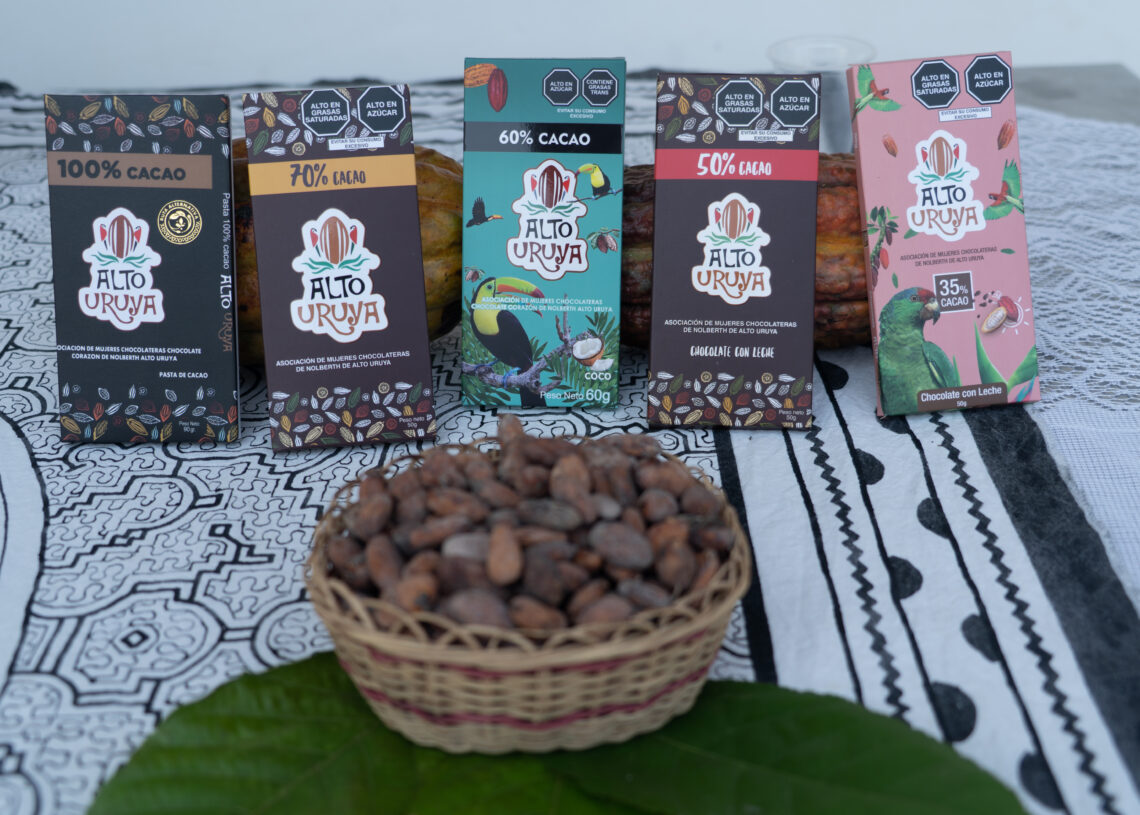The Cooperation Program between Latin America, the Caribbean and the European Union on Drug Policy (COPOLAD III), funded by the European Union, is organizing the Second Intraregional Dialogue Forum on Alternative Development, to be held in Mexico City on September 27 and 28, in order to promote learning and the exchange of best practices and innovations in the field of Integral and Sustainable Alternative Development (ISAD).
This event, in collaboration with the Mexican Ministry of Foreign Affairs and the Deutsche Gesellschaft für Internationale Zusammenarbeit (GIZ), will be a forum for dialogue between national and international authorities dedicated to the design of public policies on drugs. Representatives of civil society, peasant and indigenous organizations, human rights defenders, academia, experts and experts from Latin America, the Caribbean and Europe will meet to promote new approaches and Alternative Development policies, such as gender and ethnic approaches, as well as to promote value chains and the insertion of legal and sustainable products into successful commercial channels.
The objective is to strengthen national roadmaps for Integral and Sustainable Alternative Development , which will be accompanied by COPOLAD III, as well as to provide opportunities for learning and exchange on best practices and recent innovations. It will also highlight the most recent advances in addressing the specific needs of women and vulnerable groups such as indigenous communities and will provide elements for developing strategies for the empowerment of women and the development of an ethnic approach. It will also seek to provide new tools to ensure the commercialization of alternative products to illegal economies.
Speakers will include representatives of the Mexican government, specialists from Europe, Latin America and the Caribbean, as well as members of academia and leaders of organizations present in the affected territories.
In addition, it will provide participants with an overview of the implementation experiences of countries such as Mexico, Peru, Colombia, among others, and will address recent developments in SIDS programs in Latin American and Caribbean countries. Representatives from more than a dozen countries will attend the Forum from Bolivia, Brazil, Colombia, Ecuador, El Salvador, Guatemala, Mexico, Paraguay, Panama, Peru, Uruguay, as well as Guyana, Jamaica, St. Vincent and the Grenadines.
New country practices
Participants will include institutional representatives committed to the implementation of the DAIS in their countries, as well as those from entities that complement the efforts, such as Ministries of Environment and Agriculture, local organizations and civil society.






